Home>Garden Essentials>What Is The Best Soil Mix To Grow Roses
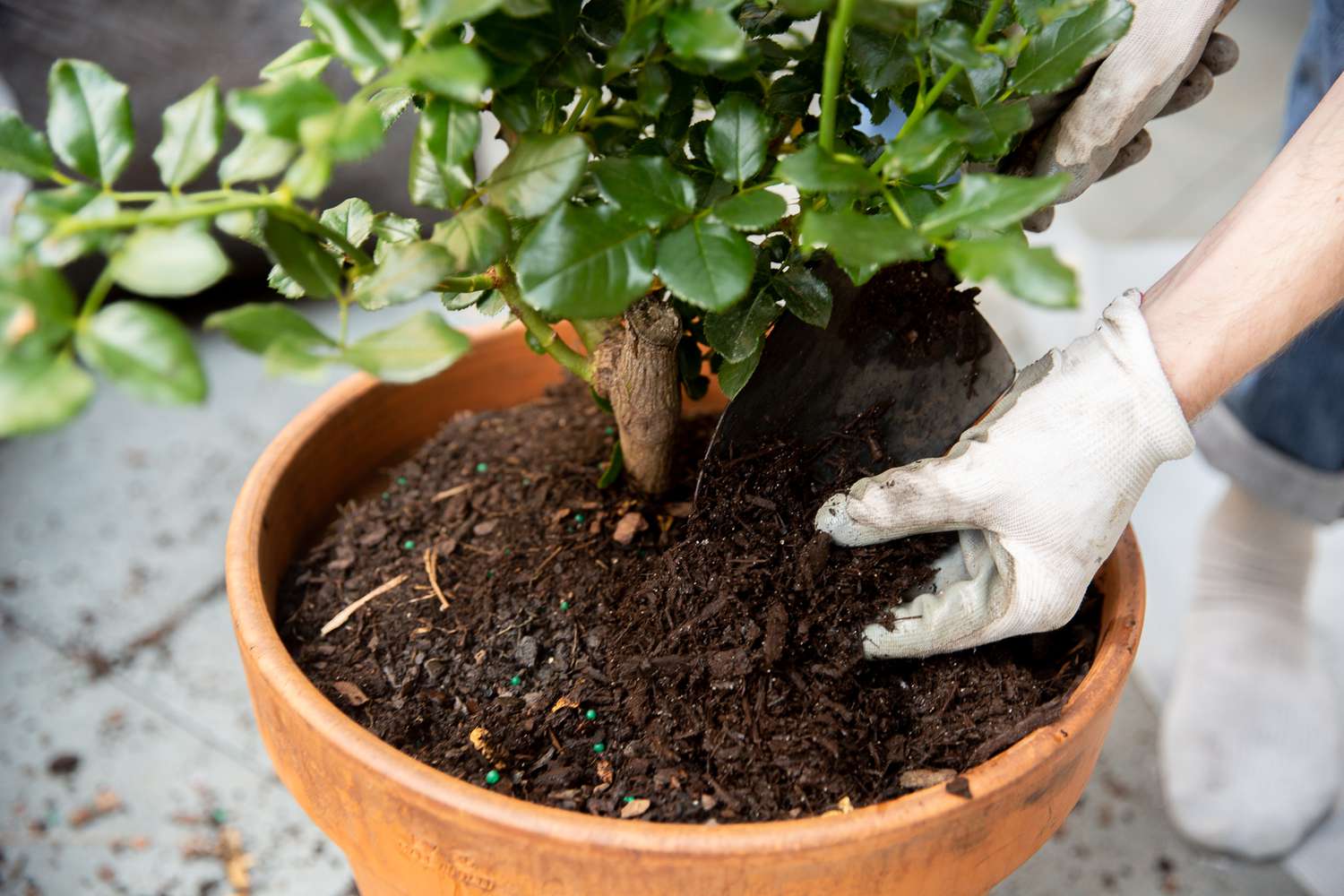

Garden Essentials
What Is The Best Soil Mix To Grow Roses
Modified: March 16, 2024
Discover the best soil mix for growing roses in your garden. Find out how to create the perfect environment for beautiful and healthy rose plants.
(Many of the links in this article redirect to a specific reviewed product. Your purchase of these products through affiliate links helps to generate commission for Storables.com, at no extra cost. Learn more)
Introduction
Growing roses can be a rewarding and fulfilling experience. These beautiful and fragrant flowers have been cherished for centuries and continue to be a popular choice for gardeners worldwide. However, the key to successful rose cultivation lies not only in proper care and maintenance but also in providing the ideal soil mix for their growth.
Roses, like all plants, rely heavily on the nutrients and consistency of the soil they are planted in. The right soil mix provides a solid foundation for the roots to grow, ensures proper drainage, and supplies essential nutrients necessary for healthy and vigorous rose plants.
In this article, we will explore the factors that affect rose growth, understand the importance of soil mix for roses, discuss the components of a good soil mix, explore different types of soil for rose cultivation, and ultimately determine the best soil mix for growing roses.
Whether you are a beginner or an experienced gardener, understanding the importance of soil composition and selecting the right soil mix for your roses will significantly improve the overall health and performance of your plants.
So let’s dive in and explore the world beneath our feet, where the magic begins – the soil mix for growing roses.
Key Takeaways:
- The best soil mix for growing roses includes loamy soil, organic matter, perlite or vermiculite, and pH adjustments. This balanced mix provides optimal conditions for healthy root growth and nutrient uptake.
- Understanding the factors that affect rose growth, such as sunlight, watering, and soil pH, is crucial for creating the perfect soil environment. By providing the right soil mix, you can enjoy vibrant, healthy roses in your garden.
Read more: What Is A Good Soil Mix With Miracle Grow
Factors Affecting Rose Growth
Before we delve into the specifics of the soil mix for growing roses, it is essential to understand the various factors that can significantly impact their growth and development. By considering these factors, you can create an optimal growing environment for your roses and ensure their success.
1. Sunlight: Roses require at least 6-8 hours of direct sunlight each day to thrive. Insufficient sunlight can result in weak and leggy growth, reduced flower production, and increased susceptibility to pests and diseases.
2. Watering: Adequate and consistent watering is crucial for rose plants. Inconsistent watering can lead to stress, wilting, and even the death of the plant. On the other hand, overwatering can lead to root rot and fungal diseases. Finding the right balance is key.
3. Temperature: Roses thrive in moderate temperatures, ideally between 60-75°F (15-24°C). Extreme heat or cold can negatively impact their growth, cause wilting, and affect flower production. Consider your local climate and select rose varieties that are suitable for your region.
4. Soil pH: The pH level of the soil has a direct impact on the availability of nutrients to the rose plants. Most roses prefer slightly acidic soil with a pH level ranging from 6 to 6.5. Conduct a soil test to determine the pH of your soil and adjust it if necessary.
5. Nutrient Levels: Roses are heavy feeders and require a balanced supply of nutrients for optimum growth and blooming. Essential nutrients include nitrogen (N), phosphorus (P), and potassium (K), along with trace elements like iron, magnesium, and calcium. Regular fertilization is essential to replenish these nutrients.
6. Air Circulation: Good air circulation is vital for preventing fungal diseases in roses. Proper spacing between plants and pruning to remove overcrowded branches can improve air circulation and minimize the risk of diseases.
7. Pest and Disease Control: Several pests and diseases can affect roses, including aphids, black spot, powdery mildew, and rust. Regular monitoring, proper sanitation practices, and timely application of organic or chemical controls can help prevent and manage these issues.
By understanding and addressing these factors, you can create the optimal growing conditions for your roses. However, one of the most critical factors that directly impact the well-being of your roses is the soil mix you use.
Importance of Soil Mix for Roses
The soil mix plays a crucial role in the growth and health of roses. It serves as the foundation for the roots, providing support, moisture retention, and access to essential nutrients. Here are some key reasons why the right soil mix is important for growing roses:
1. Drainage: Roses prefer well-draining soil that allows excess water to escape easily. Poor drainage can lead to waterlogged soil, which can suffocate the roots and lead to root rot. Choosing a soil mix that promotes good drainage is essential for preventing such issues.
2. Moisture Retention: While roses require good drainage, they also need consistent moisture. The right soil mix should have the ability to retain moisture without becoming waterlogged. This ensures that the plants receive a steady supply of water, reducing the risk of drought stress and promoting healthy growth.
3. Nutrient Availability: Roses are heavy feeders and require an ample supply of nutrients for optimal growth and blooming. A well-balanced soil mix enriched with organic matter provides a steady release of nutrients, ensuring that the plants have access to the essential elements they need to thrive.
4. pH Balance: The pH level of the soil directly affects the availability of nutrients to the roses. Most rose varieties prefer slightly acidic soil with a pH range between 6 and 6.5. The right soil mix helps maintain the ideal pH balance, allowing the plants to efficiently uptake nutrients from the soil.
5. Root Development: Healthy root development is crucial for the overall health and stability of rose plants. The right soil mix provides a loose and well-aerated structure, allowing the roots to penetrate easily and spread out to absorb nutrients and water efficiently.
6. Disease Prevention: Roses are susceptible to various fungal diseases, such as black spot and powdery mildew. Using a well-draining soil mix helps minimize the risk of water pooling around the roots, which can contribute to disease development. Additionally, a healthy soil mix promotes a strong immune system in roses, making them more resistant to diseases.
By choosing the right soil mix, you are setting the stage for your roses to thrive. It provides the essential elements necessary for healthy growth, reduces the risk of issues like root rot and diseases, and enhances the overall performance and beauty of your rose plants.
Now that we understand the importance of a good soil mix, let’s explore the key components that make up the ideal soil mix for growing roses.
Components of a Good Soil Mix
A good soil mix for growing roses should be well-balanced, providing the right combination of drainage, water retention, and nutrient availability. Here are the key components that make up a good soil mix for roses:
1. Garden Soil: Garden soil forms the base of the soil mix. It should be loamy and well-draining to prevent waterlogging. Avoid using heavy clay or sandy soil, as they can retain too much water or drain too quickly, respectively. If your existing soil is not suitable, you can improve it by adding organic matter or consider using a commercial potting mix specially formulated for roses.
2. Organic Matter: Adding organic matter to the soil mix is essential for improving its structure, moisture retention, and nutrient content. Compost, well-rotted manure, and leaf mold are excellent sources of organic matter. They provide nutrients, improve drainage, and promote beneficial microbial activity in the soil.
3. Perlite or Vermiculite: These are often included in the soil mix to improve drainage and aeration. Perlite is a volcanic rock that retains some moisture while allowing excess water to drain easily. Vermiculite, on the other hand, holds moisture well and helps prevent the soil from drying out too quickly.
4. Peat Moss: Peat moss is another component that improves moisture retention and helps create a light, friable soil structure. It holds water well, allowing the roots to access moisture even during dry periods. However, be mindful of the environmental impact of peat moss harvesting and consider using sustainable alternatives like coconut coir.
5. Sand: Depending on the existing soil composition, adding sand to the mix can help improve drainage. However, sandy soil, like pure sand, should be avoided, as it drains too quickly and may result in water stress for the plants. Use coarse sand to maintain a balanced moisture level in the soil mix.
6. pH Adjustments: If your soil is naturally alkaline, you may need to adjust the pH level by adding organic materials like peat moss or elemental sulfur. Conversely, if your soil is too acidic, you can add lime to raise the pH. Ensuring the appropriate pH range allows optimal nutrient availability for the roses.
Remember, the key to a good soil mix is finding the right balance among these components. Aim for a mix that provides sufficient drainage while retaining adequate moisture and nutrients for the roses to thrive.
Now that we understand the components of a good soil mix, let’s explore the different types of soil that can be used for rose cultivation.
A good soil mix for growing roses should be well-draining and rich in organic matter. A mix of equal parts garden soil, compost, and perlite or sand works well. This will provide the roses with the nutrients and drainage they need to thrive.
Types of Soil for Rose Cultivation
Roses are remarkably adaptable and can grow in a wide range of soil types. However, to ensure optimal growth and health, it is important to choose a soil type that suits the specific needs of roses. Here are the different types of soil commonly used for rose cultivation:
1. Loamy Soil: Loamy soil, characterized by a balanced mixture of sand, silt, and clay, is considered ideal for growing roses. It offers good drainage while retaining adequate moisture and nutrients. Loam soil is rich in organic matter and has excellent fertility, providing the perfect environment for healthy root development and abundant blooms.
2. Sandy Soil: Sandy soil consists of large particles that drain quickly and do not retain much moisture. While it may not be the optimal choice for roses, it can still be used by amending it with organic matter and clay to improve its water-holding capacity. Incorporating compost and other organic materials will help enrich the soil and enhance its ability to retain moisture and nutrients.
3. Clay Soil: Clay soil has fine particles that compact easily and drain poorly. It can become waterlogged and suffocate the roots if not properly amended. However, with the addition of organic matter, such as compost, well-rotted manure, or peat moss, clay soil can be improved to provide better drainage and aeration for the roses. By breaking up the compacted clay and adding organic matter, you can create a more suitable growing environment for your roses.
4. Chalky Soil: Chalky soil, also known as alkaline soil, has a high pH level and contains a significant amount of calcium carbonate. Roses generally prefer slightly acidic soil, so growing them in chalky soil can present some challenges. To improve the soil for roses, you can add organic matter, sulfur, or acidifying fertilizers to lower the pH level and make the soil more suitable for rose cultivation.
5. Acidic Soil: Some roses, like species and hybrid tea roses, prefer slightly acidic soil. Acidic soil, often found in regions with coniferous trees, has a low pH and can benefit plants that thrive in these conditions. If you have acidic soil, you can grow acid-loving roses without much adjustment. However, if you want to grow roses that prefer neutral to slightly alkaline soil, you may need to amend the soil with lime or other alkalizing agents.
It is important to note that regardless of the soil type, incorporating organic matter is always beneficial for improving soil structure, moisture retention, and nutrient availability. Adding compost, well-rotted manure, or other organic materials annually will help maintain soil fertility and provide the necessary nutrition for your roses.
By understanding the different types of soil and how to improve them for rose cultivation, you can select the most suitable option and ensure that your roses thrive in the garden.
Now that we have explored the different types of soil for rose cultivation, let’s determine the best soil mix for growing roses.
Read more: What Is The Best Soil Mix For Strawberries
The Best Soil Mix for Growing Roses
After considering the factors that influence rose growth, the importance of a good soil mix, and the different types of soil, we can now determine the best soil mix for growing roses. The ideal soil mix should have a balanced composition that provides proper drainage, retains moisture, and promotes the availability of essential nutrients for healthy rose plants.
Here is a recommended recipe for the best soil mix for growing roses:
- Start with a base of loamy soil that provides a well-draining foundation for the roses.
- Add organic matter such as compost, well-rotted manure, or leaf mold to enrich the soil with nutrients and improve its moisture retention.
- Incorporate perlite or vermiculite to enhance drainage and promote better aeration for the roots.
- Include some sand to help improve drainage, especially if the soil has a clay texture.
- Adjust the pH of the soil mix to slightly acidic by adding organic materials like peat moss or elemental sulfur if necessary.
By following this recipe, you will create a well-balanced soil mix that provides optimal conditions for rose cultivation. The loamy soil and added organic matter ensure good drainage while retaining moisture, preventing the roots from becoming waterlogged or drying out. The addition of perlite or vermiculite improves the soil’s structure and helps with aeration, promoting healthy root development. The sand aids in drainage, particularly in heavier clay soils. Finally, adjusting the pH to slightly acidic creates an environment that allows efficient uptake of nutrients by the rose plants.
Once you have prepared the soil mix, it is important to regularly monitor and maintain its quality. Periodically check soil moisture levels and adjust watering accordingly to ensure the right balance. Additionally, regular fertilization with organic or balanced rose fertilizers will replenish nutrients and sustain the health of your roses throughout the growing season.
Remember that soil conditions can vary from garden to garden, so it is always beneficial to conduct a soil test to determine the specific requirements of your roses. Soil testing not only provides insight into the pH level but also helps identify any nutrient deficiencies that may require correction.
By providing the best soil mix for your roses, you are setting the stage for vibrant, healthy plants that will reward you with an abundance of beautiful blooms. With proper care, attention to soil quality, and the right growing conditions, your roses will thrive and bring joy to your garden for years to come.
Now that we understand the importance of a well-balanced soil mix, we can conclude our exploration of the role it plays in successfully growing roses.
Conclusion
Growing roses can bring immense joy and beauty to your garden. To ensure their success, it is crucial to provide the right soil mix that meets their specific needs. The soil mix serves as the foundation for their growth, providing vital nutrients, drainage, and moisture retention.
Throughout this article, we discussed the factors that affect rose growth, emphasizing the significance of soil composition. Factors such as sunlight, watering, temperature, soil pH, nutrient levels, air circulation, and pest control all play crucial roles in the overall health and well-being of roses.
We explored the importance of a good soil mix for roses and outlined the key components that make up an ideal soil mix. Organic matter, such as compost and well-rotted manure, enhances the soil’s fertility and structure. Perlite or vermiculite improves drainage and aeration, while sand aids in preventing waterlogging. Adjusting the pH level ensures optimal nutrient availability for rose plants.
We also discussed the various types of soil suitable for rose cultivation, including loamy soil, sandy soil, clay soil, chalky soil, and acidic soil. Each type of soil requires specific amendments and adjustments to create the best environment for roses to thrive.
In conclusion, the best soil mix for growing roses consists of loamy soil as a base, enriched with organic matter, perlite or vermiculite for drainage and aeration, and pH adjustments if needed. Creating this well-balanced soil mix provides roses with the optimal conditions for root growth, nutrient uptake, and overall health.
Remember to regularly monitor and maintain the quality of the soil mix, adjusting watering and fertilization as needed. Conducting a soil test can provide valuable insights into the specific requirements of your roses and help you maintain the optimal soil conditions for their growth.
By providing your roses with the best soil mix and proper care, you can enjoy a garden filled with vibrant, healthy plants, abundant blooms, and the delightful fragrance that makes roses so beloved.
So, dig your hands into the soil, prepare the perfect mix, and watch your roses flourish and captivate the hearts of all who behold them.
Frequently Asked Questions about What Is The Best Soil Mix To Grow Roses
Was this page helpful?
At Storables.com, we guarantee accurate and reliable information. Our content, validated by Expert Board Contributors, is crafted following stringent Editorial Policies. We're committed to providing you with well-researched, expert-backed insights for all your informational needs.
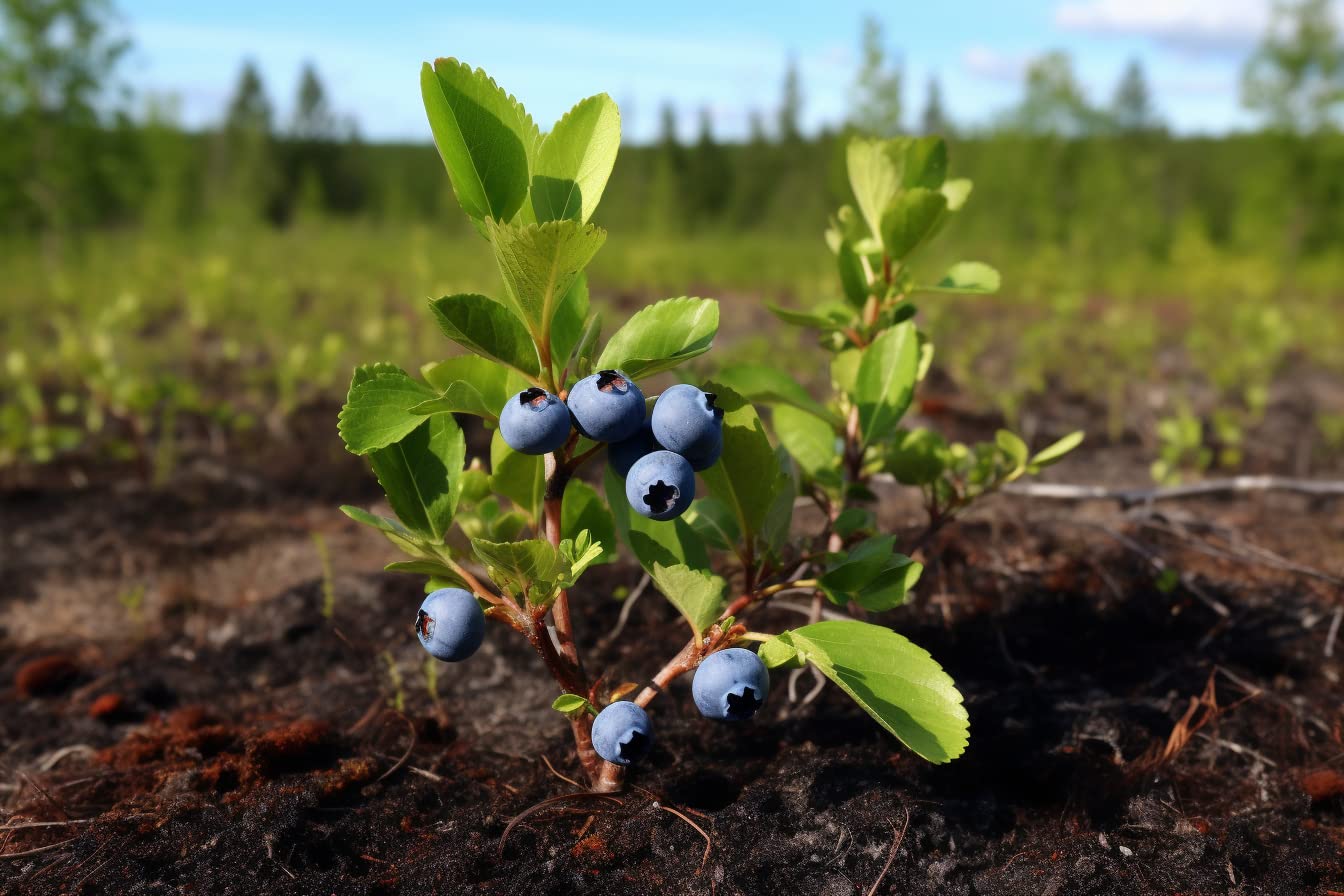
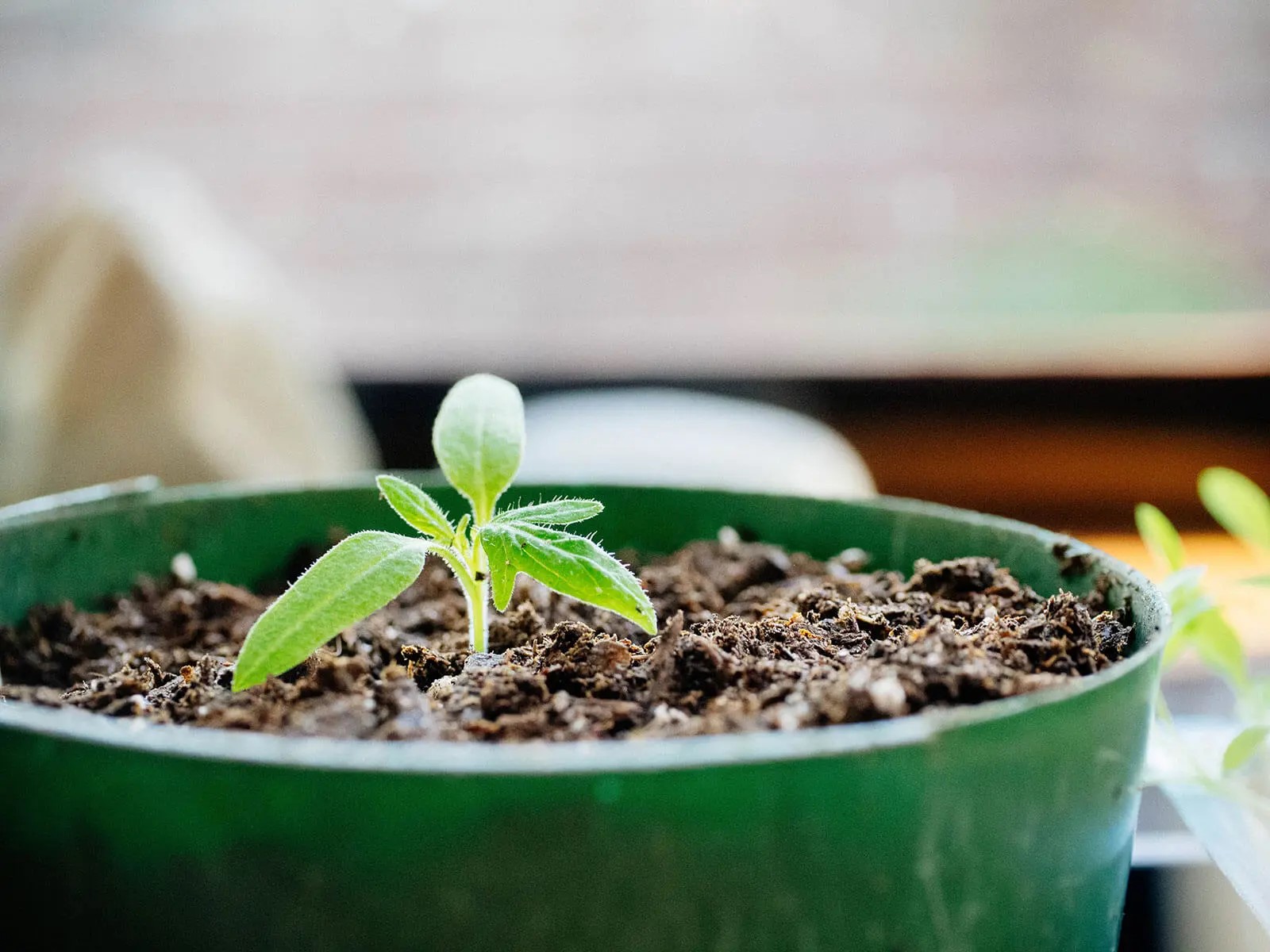
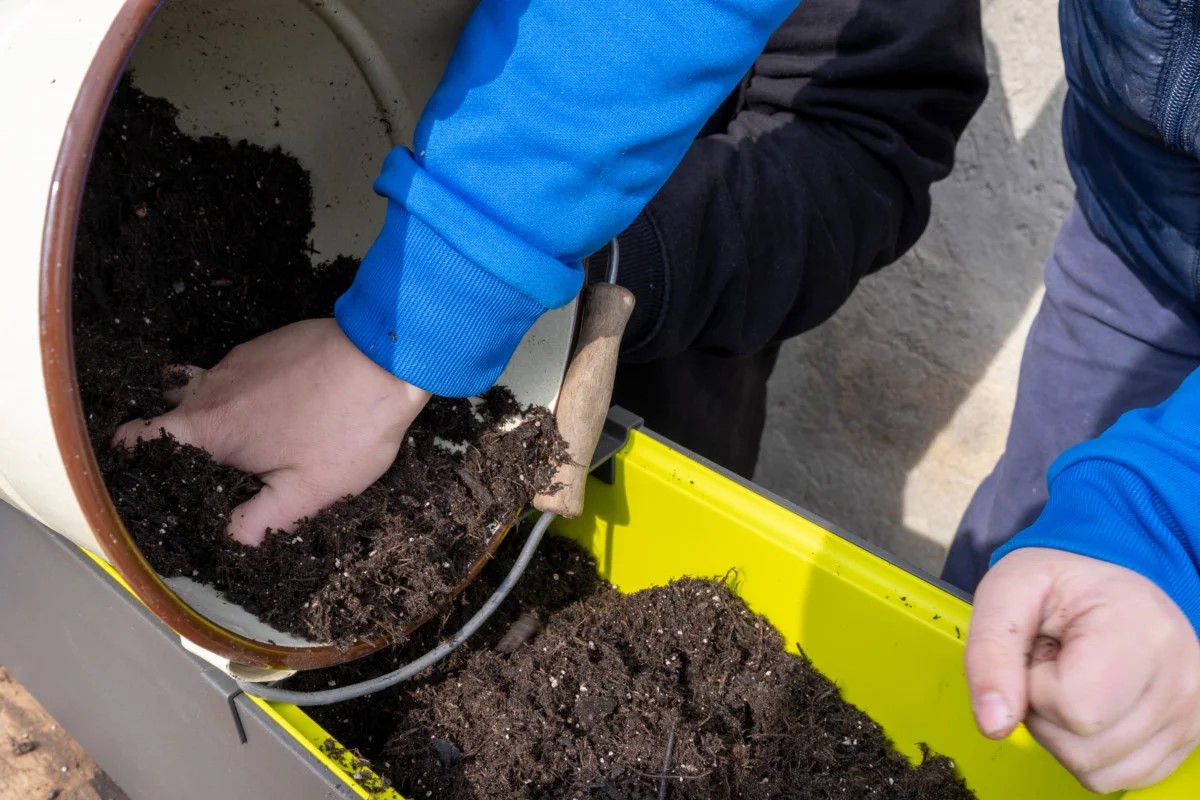
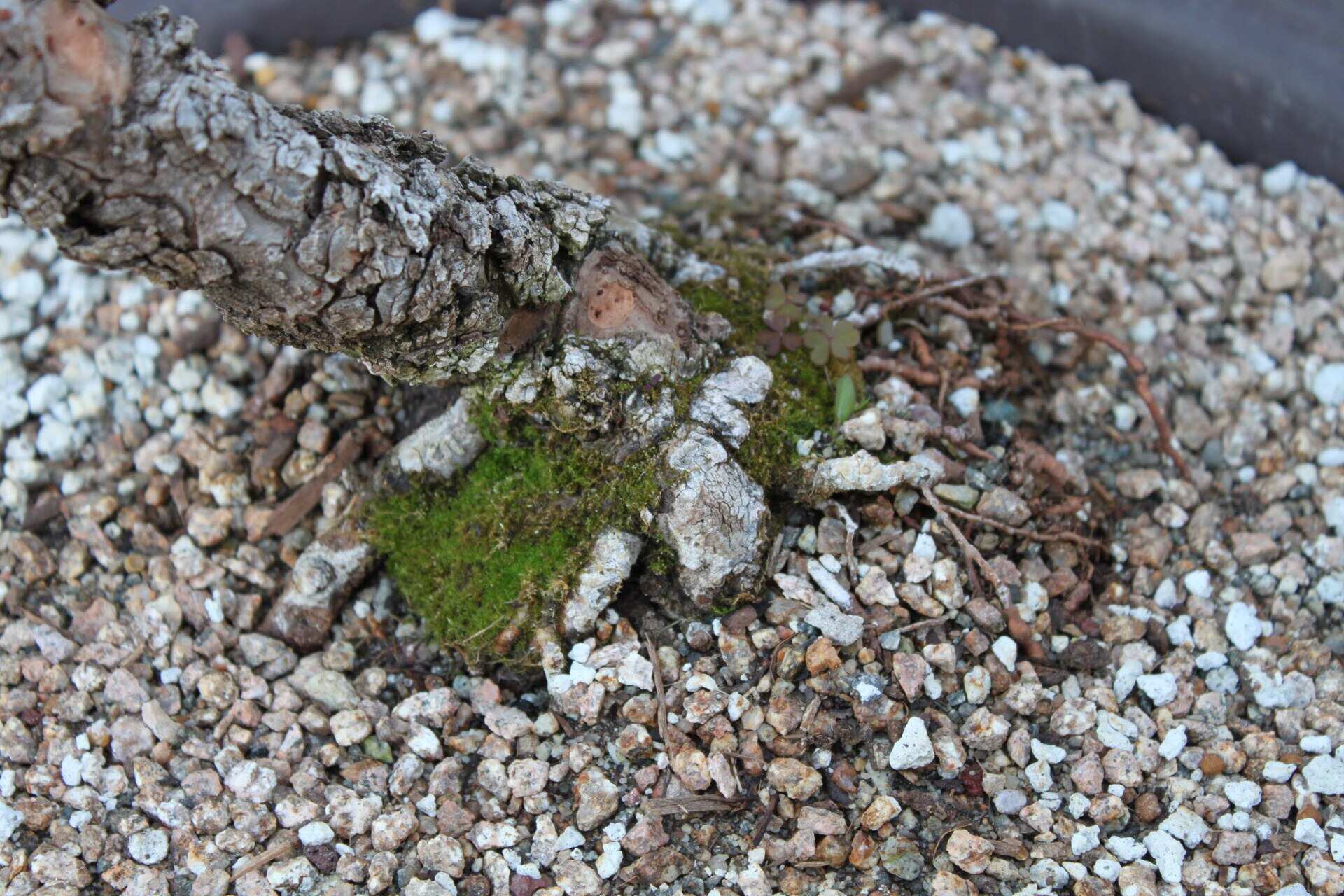
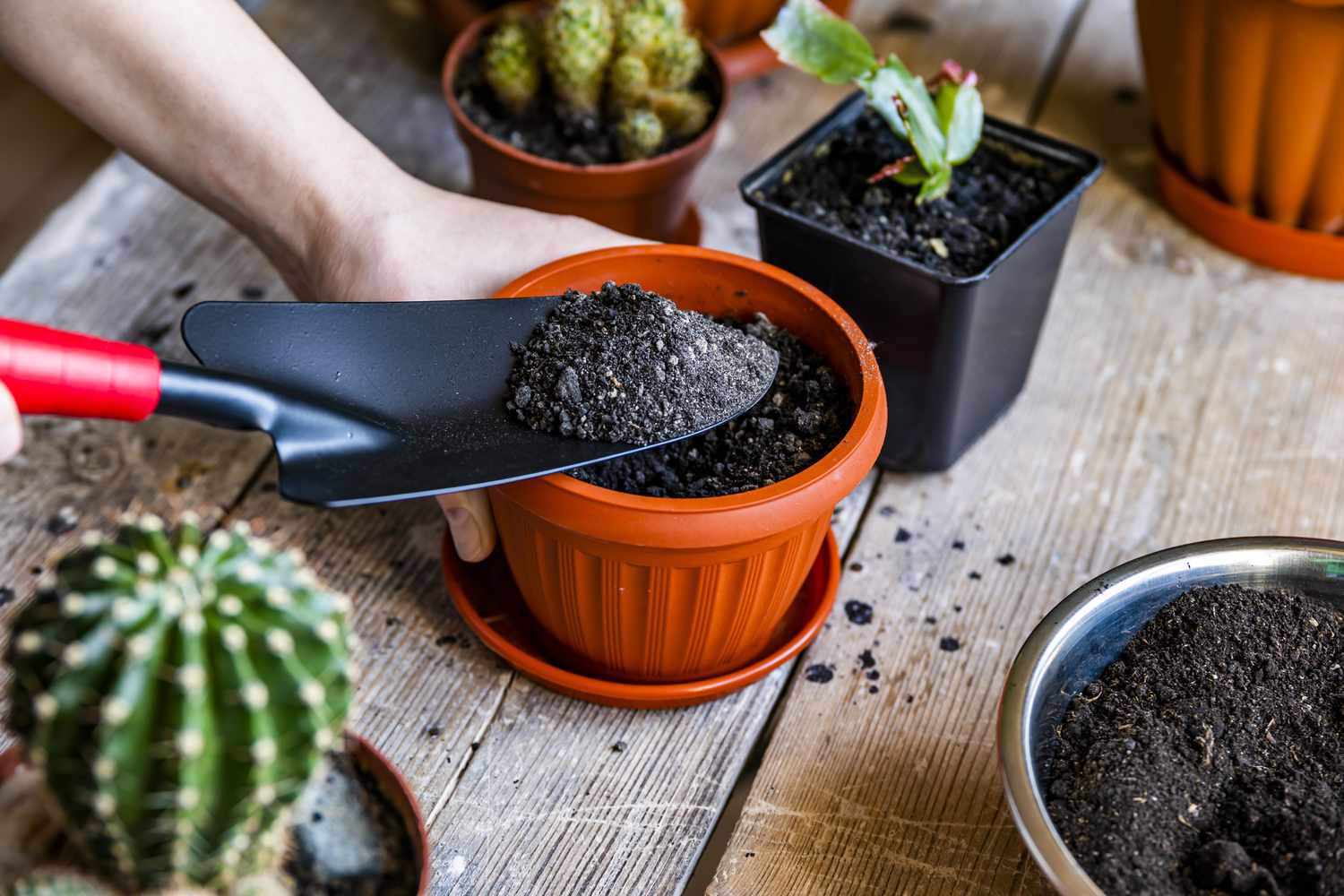
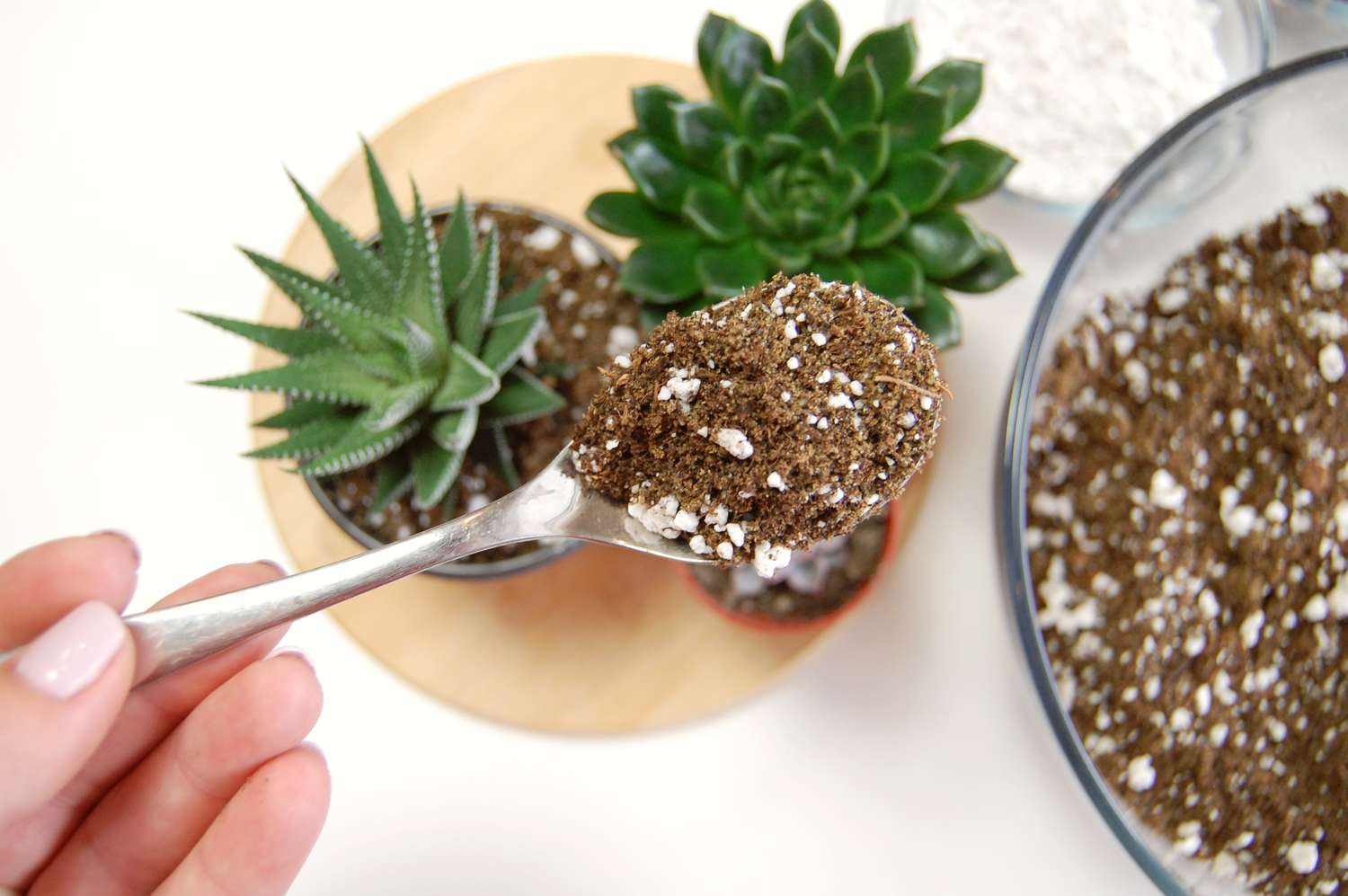
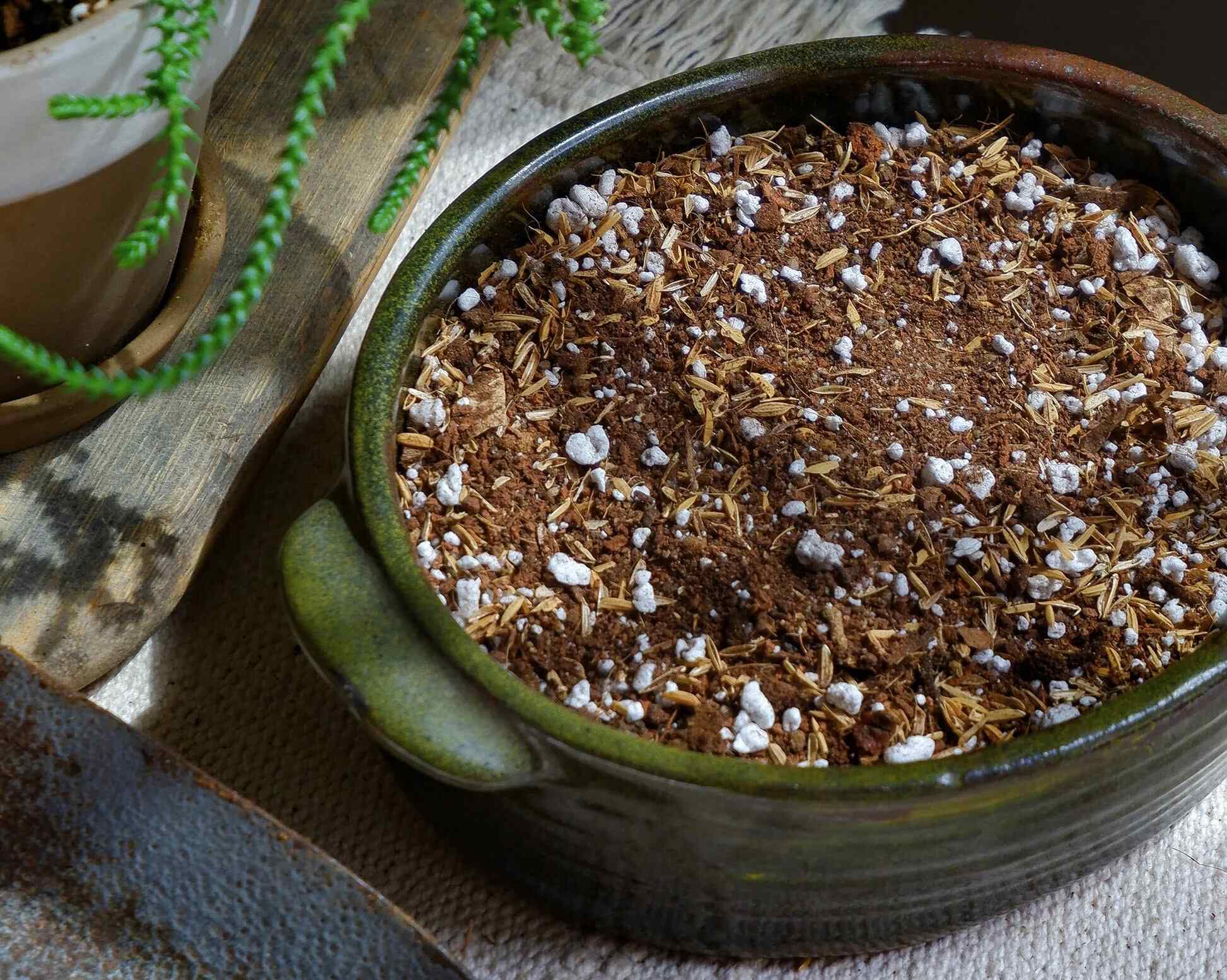
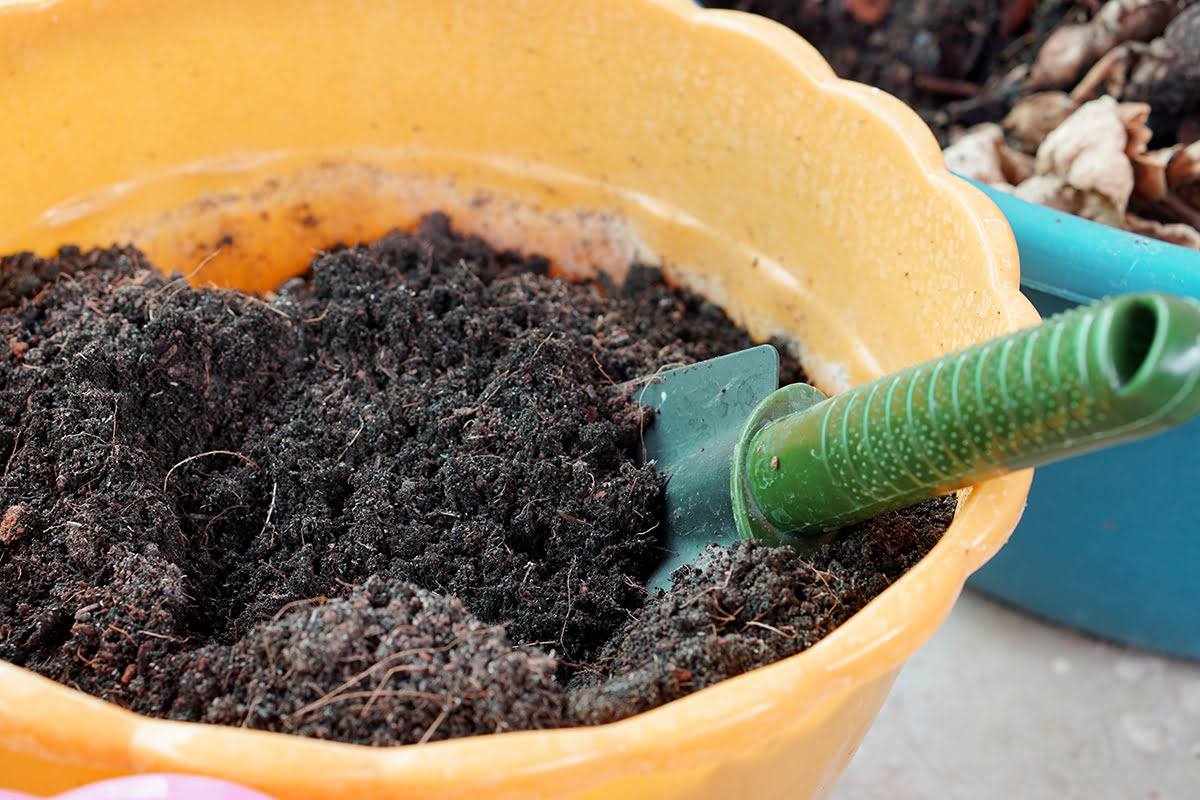
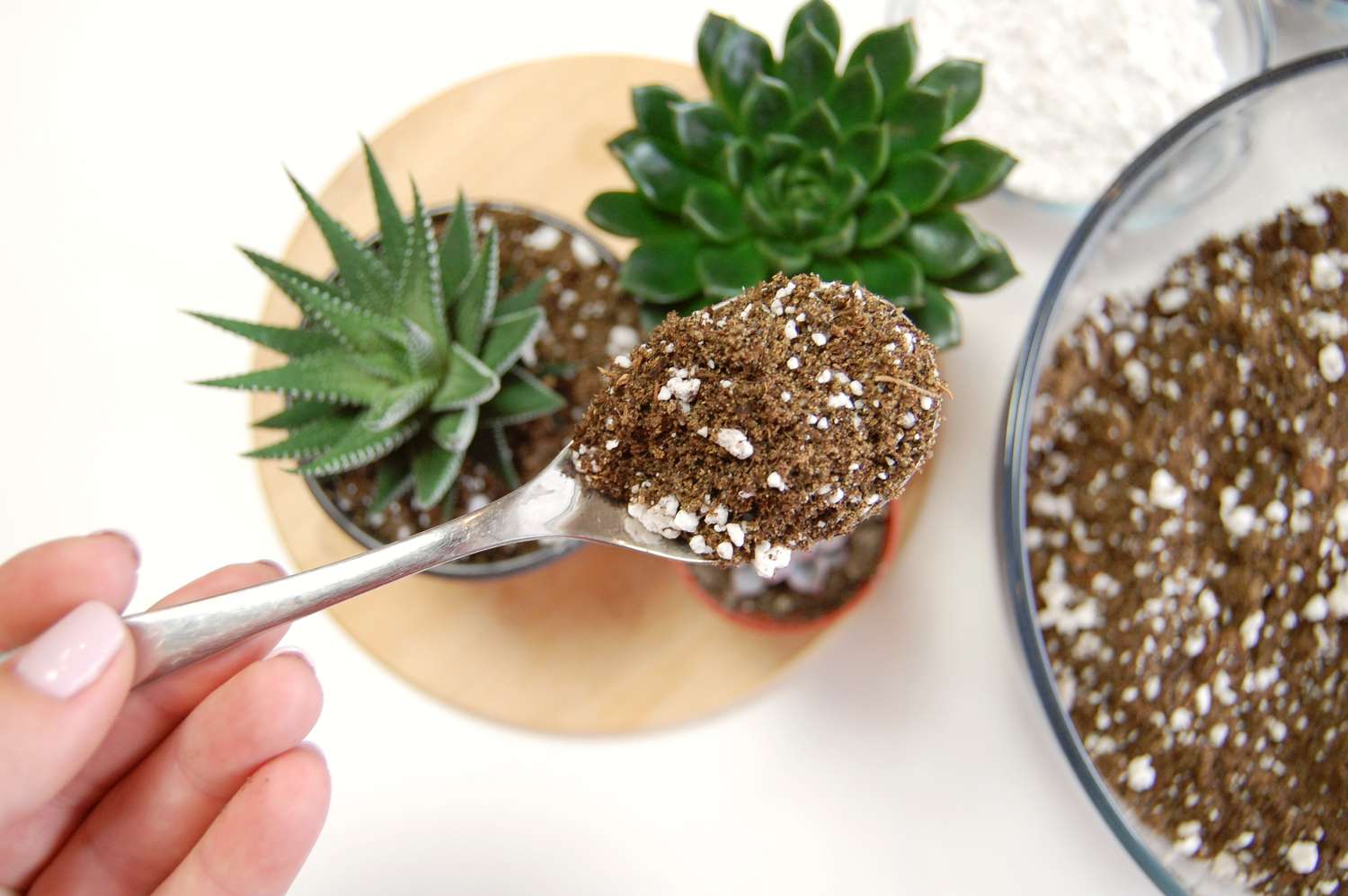
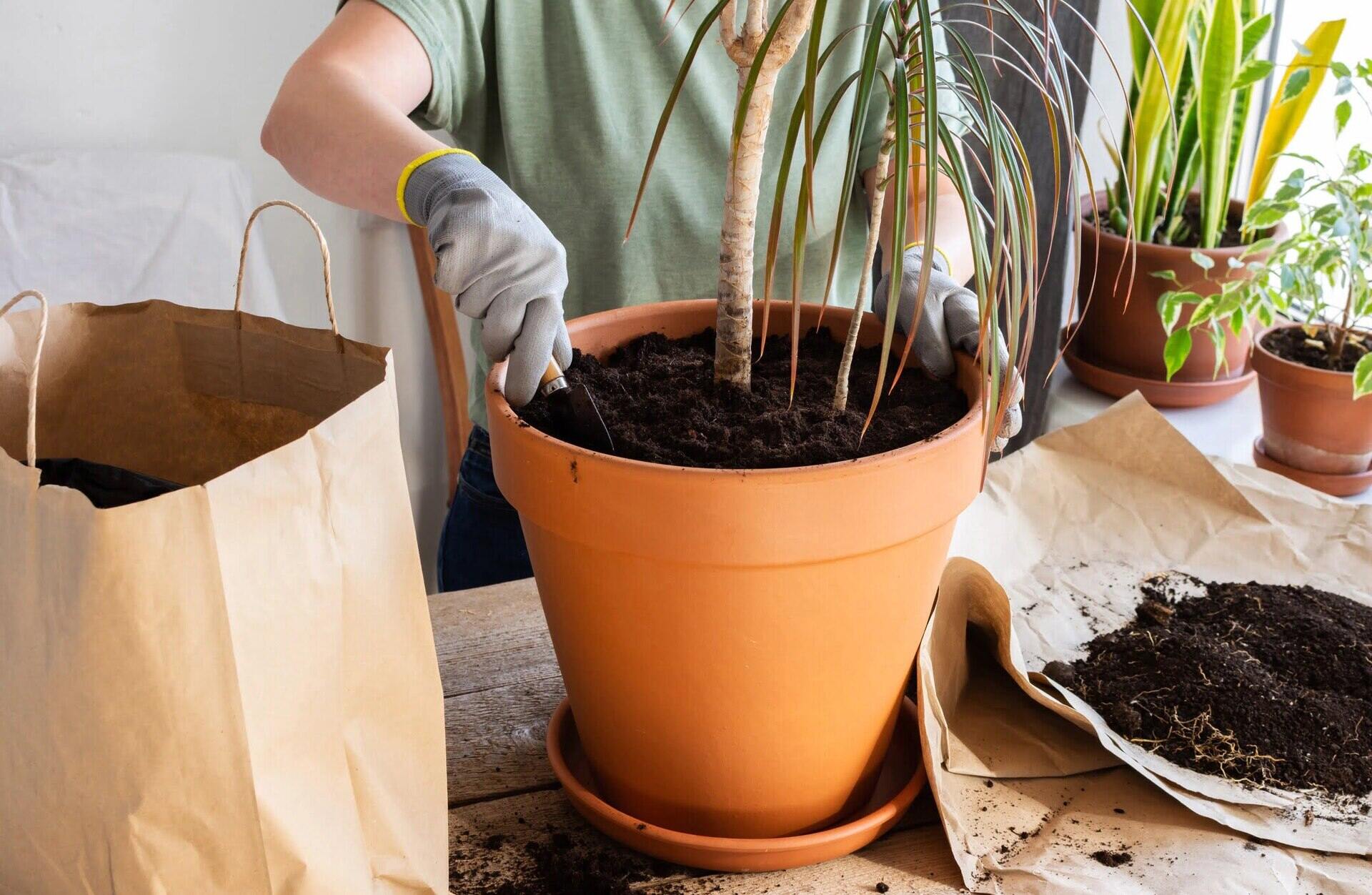
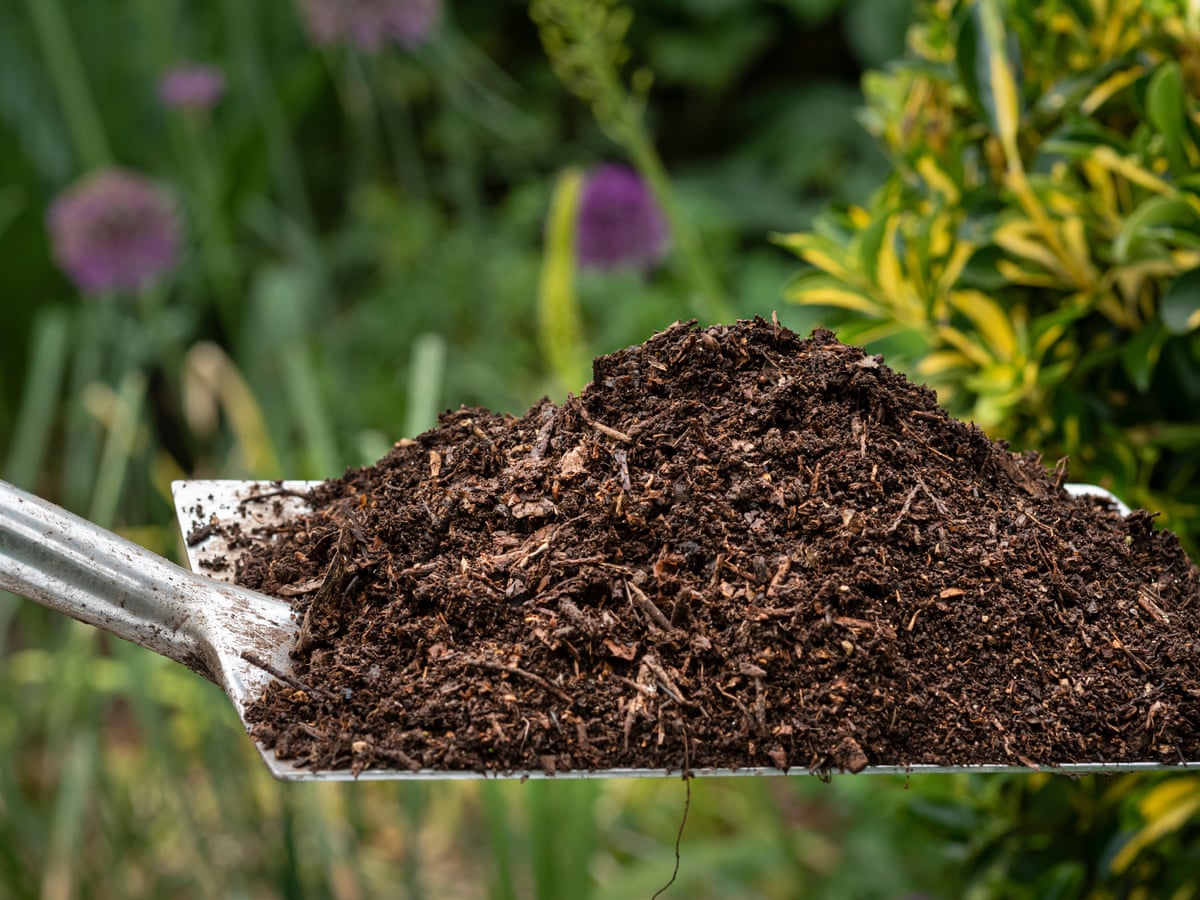
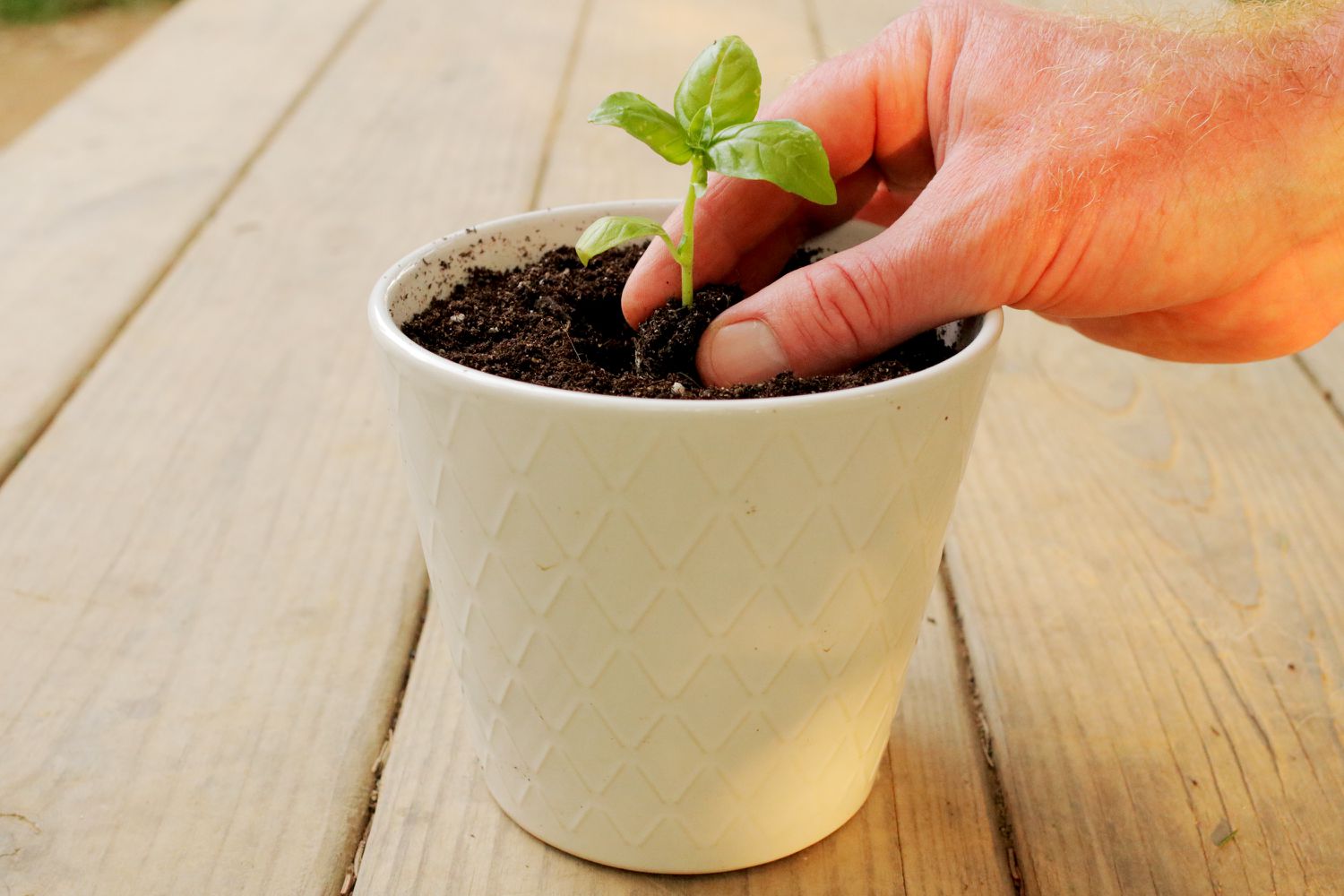
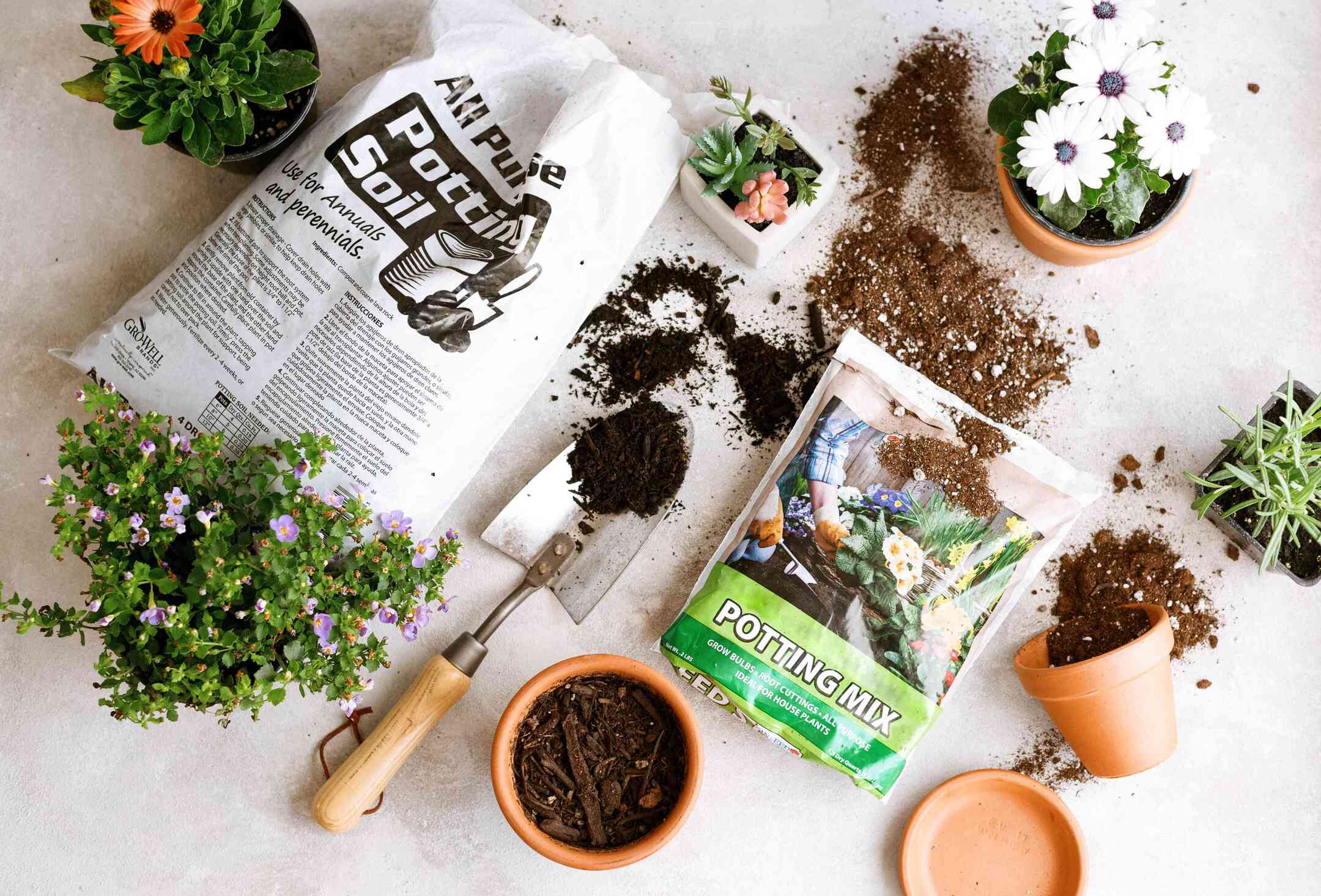
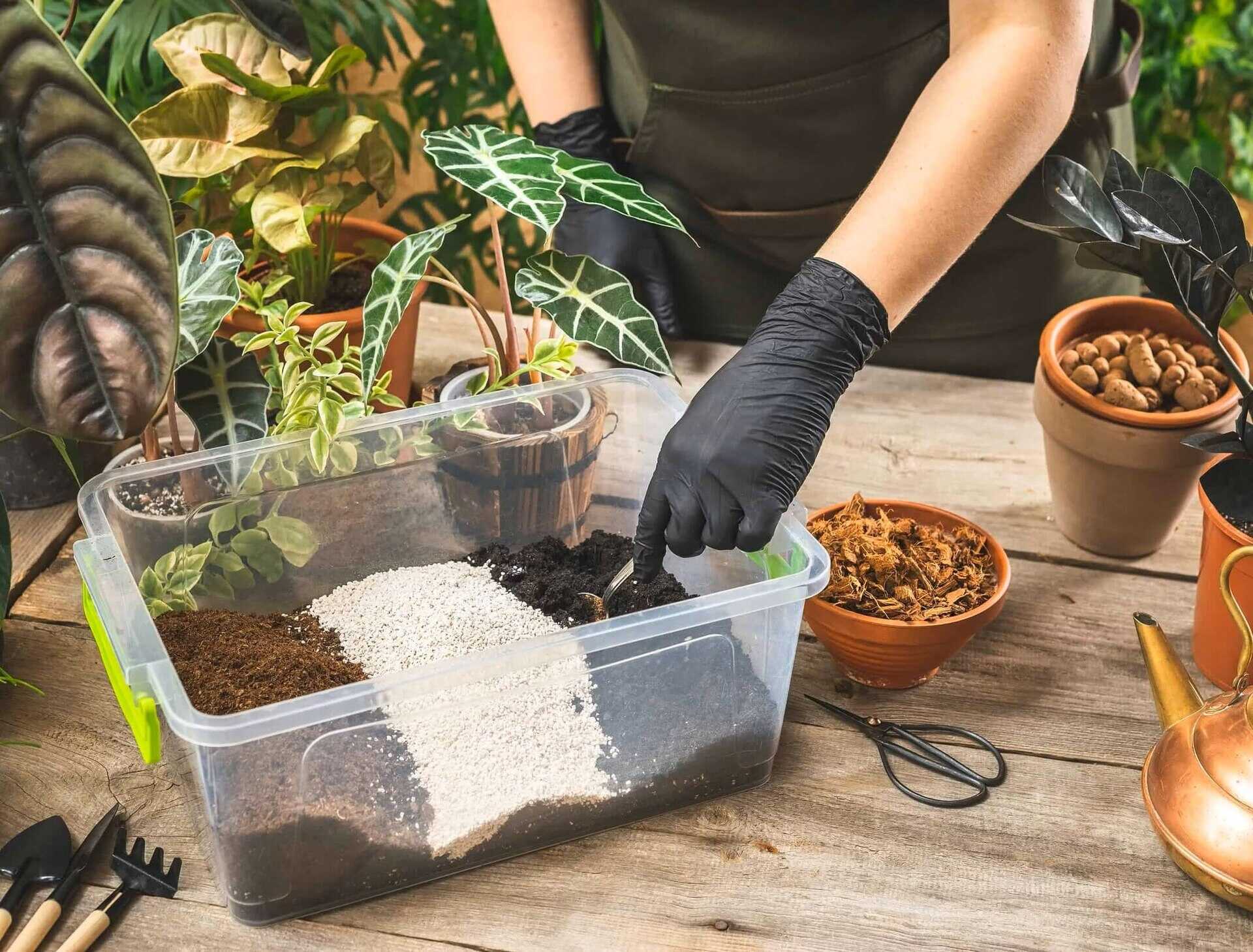

0 thoughts on “What Is The Best Soil Mix To Grow Roses”